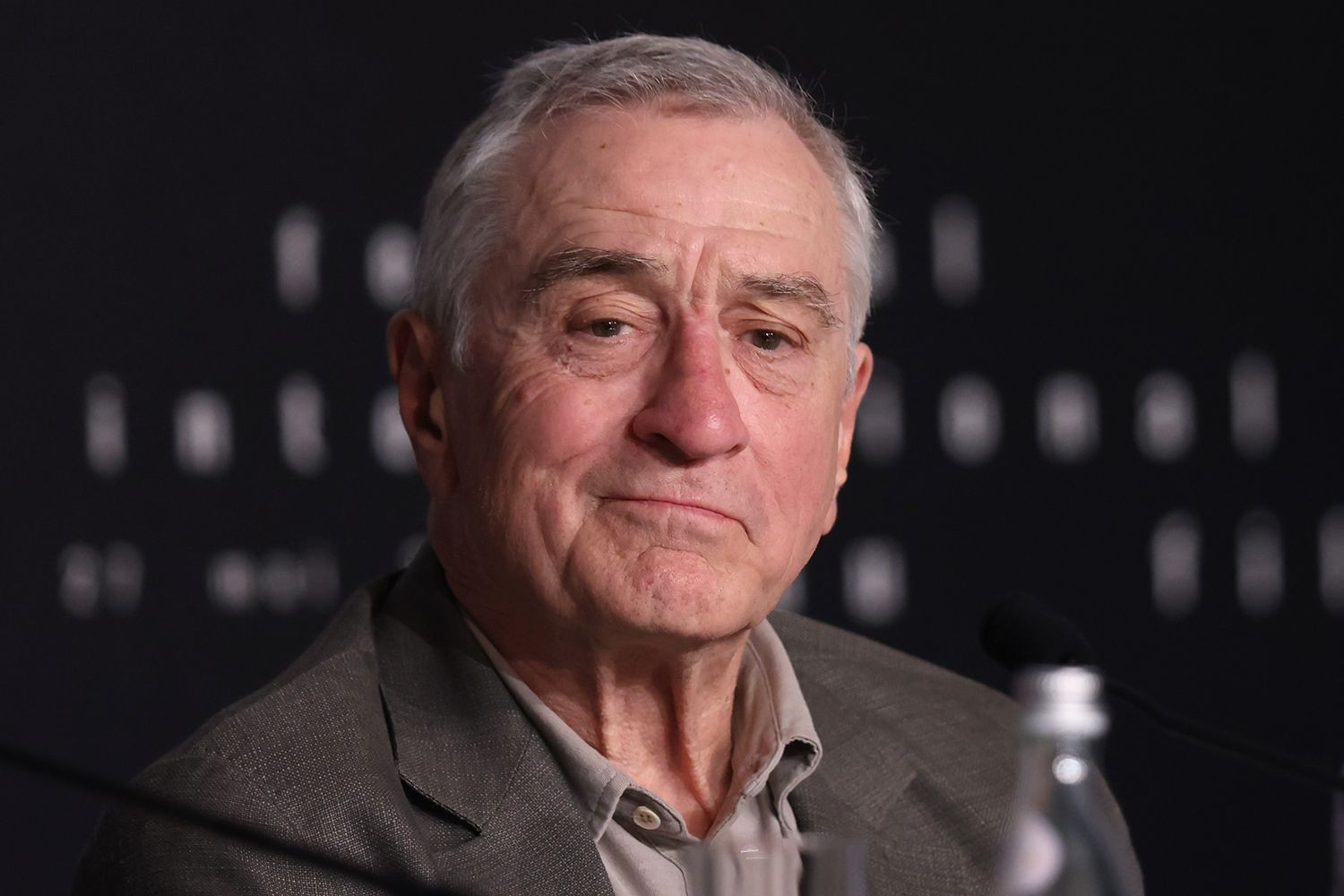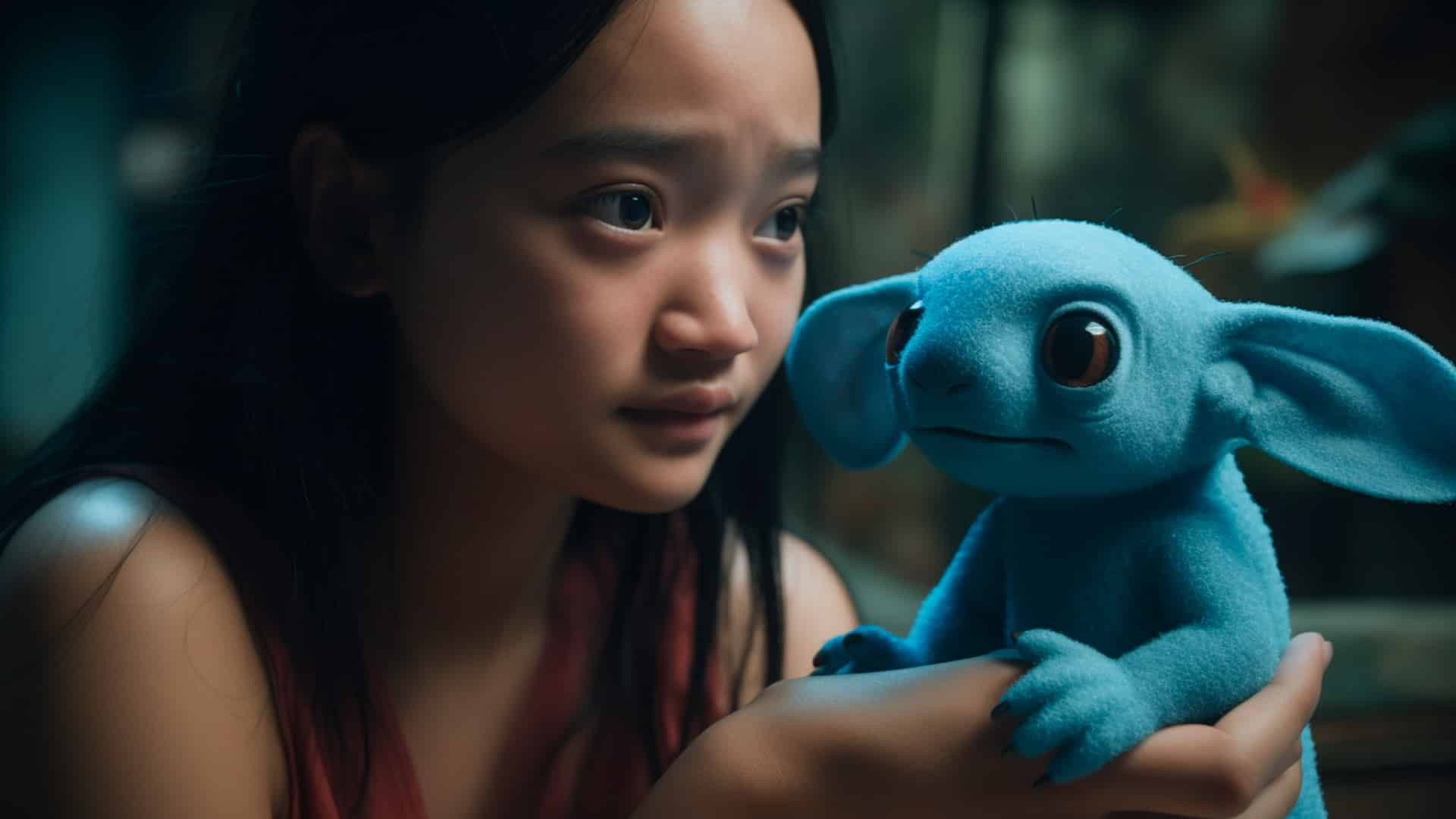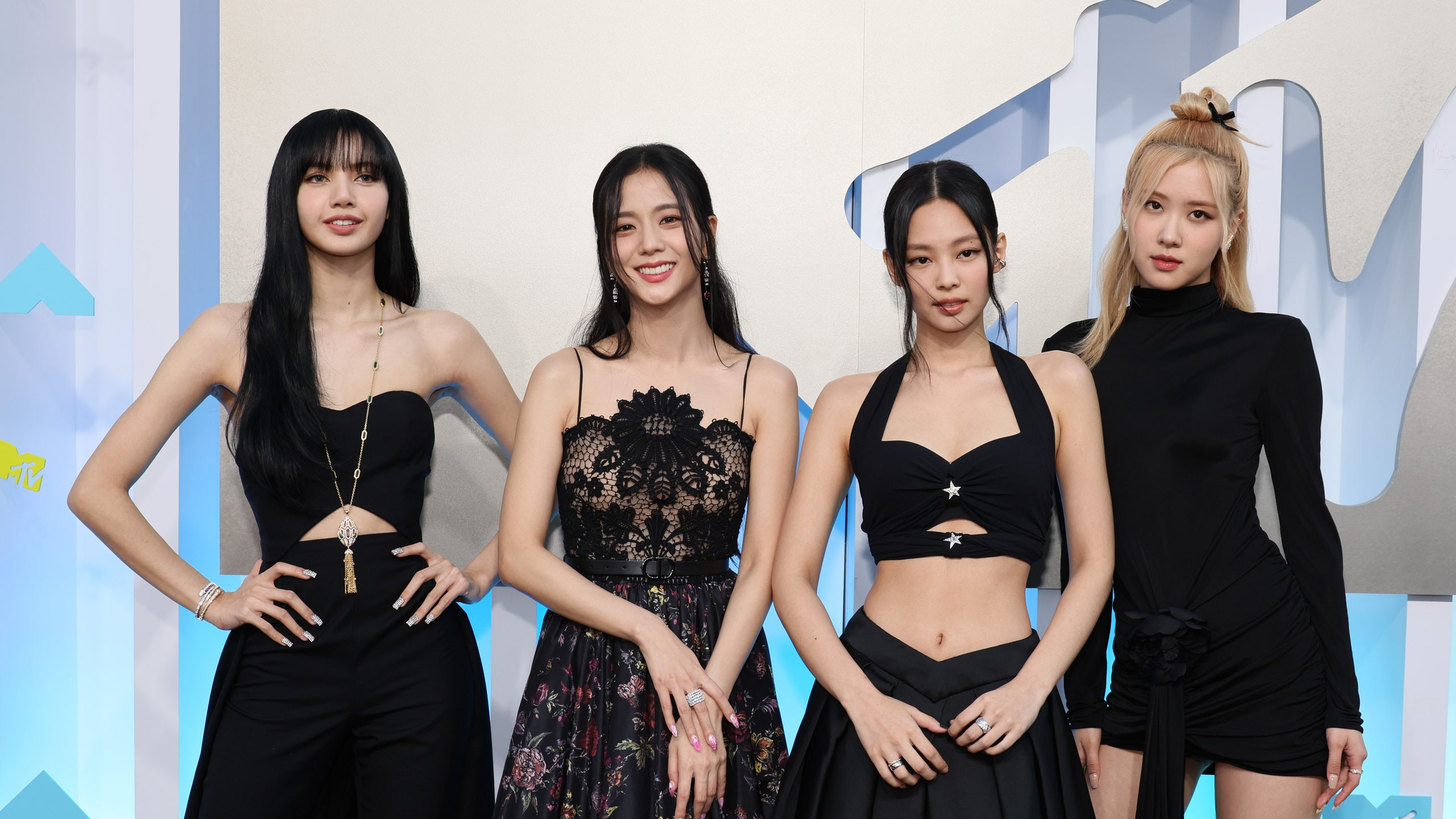Robert De Niro's Unexpected Restraint on Trump
Robert De Niro, the acclaimed actor known for his outspoken criticism of Donald Trump, recently surprised many with his unusually muted comments on the former president's presidency. In a new interview with The Guardian, De Niro, while expressing a lack of despair, largely avoided his usual colorful condemnation of Trump. This unexpected shift in tone has sparked considerable interest and speculation.
De Niro's Optimism Amidst Political Turmoil
When asked about his feelings regarding Trump's presidency, De Niro responded, “I’m not despairing,” expressing an optimistic outlook and hoping “that things will right themselves and that people will appreciate goodness and empathy and will try to do the right thing.” He acknowledged the existence of differing values and perspectives, stating, “Some people look at [things] differently. They have different values. That’s disturbing to me. I don’t understand it. But I just have to look at things in an optimistic way.” This measured response contrasts sharply with his previous fiery pronouncements.
The Interview's Constraints
The Guardian's Xan Brooks, the interviewer, revealed that the interview's strict terms—tied to the promotion of De Niro's new Netflix political thriller, Zero Day—included a ban on “no personal or political questions.” This restriction might explain De Niro’s more subdued and less critical stance on Trump's presidency. It raises the question of whether the actor’s public image and his commitment to his work influenced this reserved approach.
A History of Vocal Criticism
De Niro's past statements offer a stark contrast to his recent muted response. He has consistently and vehemently criticized Trump, labeling him with terms like “jerk,” “clown,” and “idiot.” In a pre-election interview on Max's Who's Talking to Chris Wallace?, De Niro, a vocal supporter of Kamala Harris's campaign, labeled Trump and his allies as “not real Republicans.” He has even engaged in direct confrontation with Trump's supporters, as seen during the “hush money” trial.
Confrontations and Past Exchanges
De Niro's disapproval of Trump has extended beyond words. Outside Trump's “hush money” trial in June 2024, De Niro called Trump a “tyrant,” warning about the potential consequences of a second term. This public display of opposition demonstrates the depth of his antipathy toward Trump. The two have engaged in a long-running public feud, with Trump responding to De Niro’s criticism by labeling him a “loser” and attacking his acting abilities.
Analyzing the Shift in De Niro's Stance
The contrast between De Niro's past fervent criticism and his recent subdued comments is striking. While he maintains a hopeful outlook, the absence of his typically outspoken condemnation of Trump raises questions. The promotional constraints of the interview, certainly, played a significant role in shaping the conversation's tone. However, the question remains—how much did his approach evolve organically beyond the constraints of the interview?
The Influence of Public Image and Professional Responsibilities
De Niro's position as a prominent Hollywood figure might have influenced his decision to temper his criticism. A more measured tone could be seen as a strategic move to avoid alienating potential viewers and maintain a professional image. This isn't necessarily a sign of wavering convictions, but a recognition of the complex dynamics of public discourse and professional responsibilities.
De Niro's Enduring Hope: A Look Ahead
Despite the apparent shift in tone, De Niro's underlying hope for a better future remains clear. His statement about believing “that things will right themselves” underscores his enduring optimism and faith in the capacity for positive change. His belief in “goodness and empathy” suggests a fundamental belief in the power of human compassion and values. De Niro's nuanced stance showcases the complexities of navigating public life as a high-profile individual and expressing one's views in various contexts, emphasizing the inherent tension between personal beliefs and professional responsibilities. His comments ultimately leave the audience pondering the dynamics of political commentary and the intersection of personal beliefs and public image. His hope, though seemingly understated, ultimately resonates as a testament to his enduring faith in a better future. The long-standing conflict between these two iconic figures will surely continue to shape the future of political and cultural discourse.
















